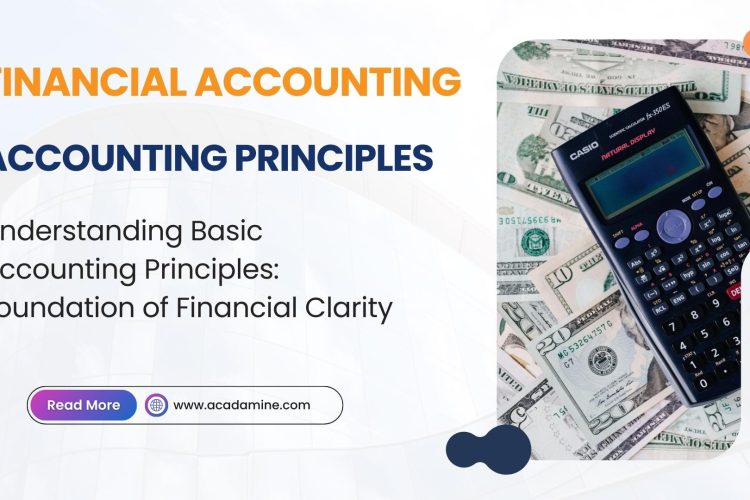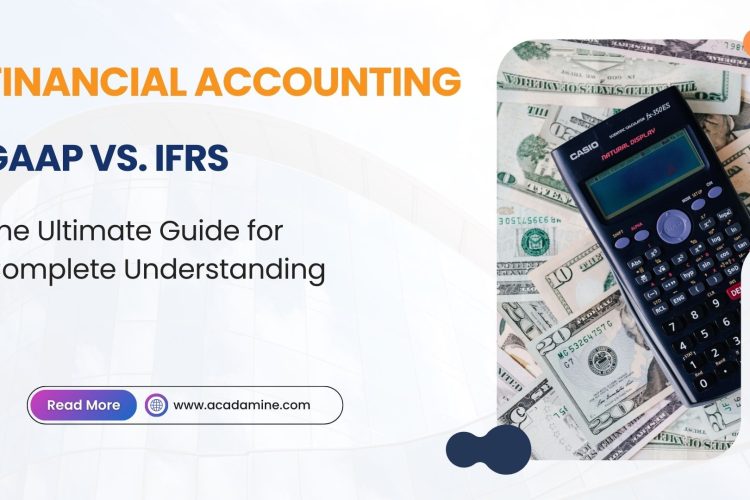
Transaction
Transaction refers to any economic event or activity involving the exchange of goods, services, or money that has a financial impact. Transaction is Basic or Fundamental Building Block of Accounting, as they represent the economic activities that a business engages in. They are recorded in a business’s accounting system as part of its financial records and are the foundation of financial reporting.
Definition of Transaction
Any business activity, action or event that involves the exchange of money or money’s worth (goods, services, or other economic resources) between two or more parties, which can be measured in terms of money and ultimately changes the financial position of the concerned business.
Typically, each transaction has two sides: a give (recorded as a debit – for what is received) and a take (recorded as a credit – for what is given), following double-entry accounting principles. Transactions are recorded in a systematic and standardized manner to track the flow of financial information, ensure accuracy in financial reporting, and provide a basis for making informed business decisions.
Components of a Transaction
- Economic Exchange: Involves the transfer of value, such as cash, goods, or services.
- Monetary Measurement: The transaction must be quantifiable in monetary terms to be recorded.
- Impact on Financial Statements: A transaction affects at least two accounts in the accounting system (debits and credits) based on the double-entry bookkeeping system.
Classification of Transactions

Based on Institutional Relationship / Parties Involved
1) Internal Transactions
These occur within the organization and do not involve external parties. Its not involve any sales but rather other processes within the organization. This may include computing the salary of the employees, estimating the depreciation value of a certain asset and transfer of goods between departments.
2) External / Business Transactions
These involve exchanges between a business and external parties, such as customers, suppliers, or creditors. It involve the trading of goods and services with money. Therefore, any transaction that is entered into by two persons or two organizations with one buying and the other one selling is considered an external transaction.
Examples: Purchase of Raw Materials from a Supplier, Selling Goods to a Customer
Based on the Exchange of Cash / Mode of Payment
1) Cash Transactions
Cash Transactions are the most common forms of transactions, which refer to those that are dealt with cash. For example, if a company purchases office supplies and pays for them with cash, a debit card, or a check, then that is a cash transaction.
2) Credit Transactions
Credit Transactions are deferred cash transactions because payment is promised and completed at a future date.
3) Non-Cash Transactions
Non-Cash Transactions are unrelated to transactions that specify if cash’s been paid or if it will be paid in the future. For example, if Company A purchases a machine from Company B and sees that it is defective, returning it will not entail any cash spent, so it falls under non-cash transactions. In other words, transactions that are not cash or credit are non-cash transactions.
Based on the Exchange of Value
1) Monetary Transactions
These involve the transfer of money or money equivalents.
Examples: Payment of Utility Bills, Loan Repayments
2) Non-Monetary Transactions
These involve exchanges of goods or services without direct money involvement (barter transactions).
Examples: Exchanging Office Equipment for Furniture
Based on Objective
1) Business Transactions
Business Transactions are everyday transactions that keep the business running, such as sales and purchases, rent for office space, advertisements, and other expenses.
2) Non-Business Transactions
Non-Business Transactions are transactions that don’t involve a sale or purchase but may involve donations and social responsibility.
3) Personal Transactions
Personal Transactions are those that are performed for personal purposes such as birthday expenditures.
Based on the Accounting Effect
1) Revenue Transactions
Transactions that generate income or relate to daily business operations.
Examples: Sales of Products
2) Capital Transactions
Transactions that involve long-term assets, liabilities, or equity.
Examples: Purchase of Machinery, Issuing Shares, Obtaining Loan
Based on Timing
1) Spot Transactions
Transactions where the settlement occurs immediately or on the spot.
Examples: Buying Goods and paying in Cash
2) Future/Forward Transactions
Transactions where the settlement is agreed upon to happen at a future date.
Examples: Entering into a Forward Contract
Based on Financial Reporting
1) Operating Transactions
Day-to-day activities that generate revenue or incur expenses.
Examples: Sales of Products or Services, Payment for Utilities
2) Investing Transactions
Activities related to acquiring or disposing of long-term assets.
Examples: Purchase of Land or Equipment
3) Financing Transactions
Activities related to the company’s funding structure.
Examples: Issuing Bonds or Shares, Repayment of Loans


